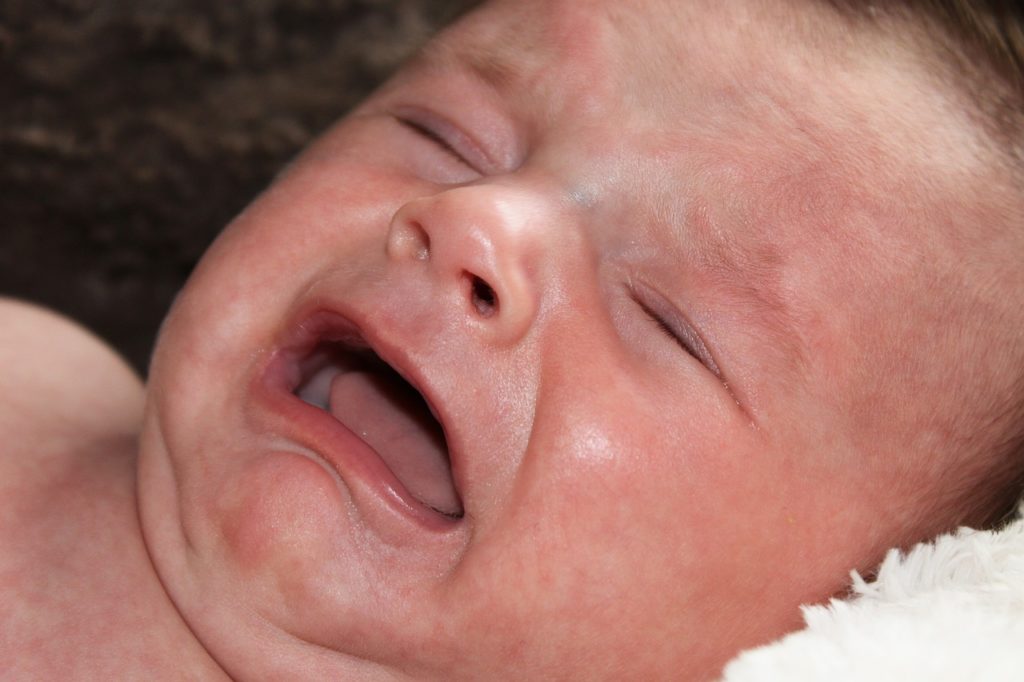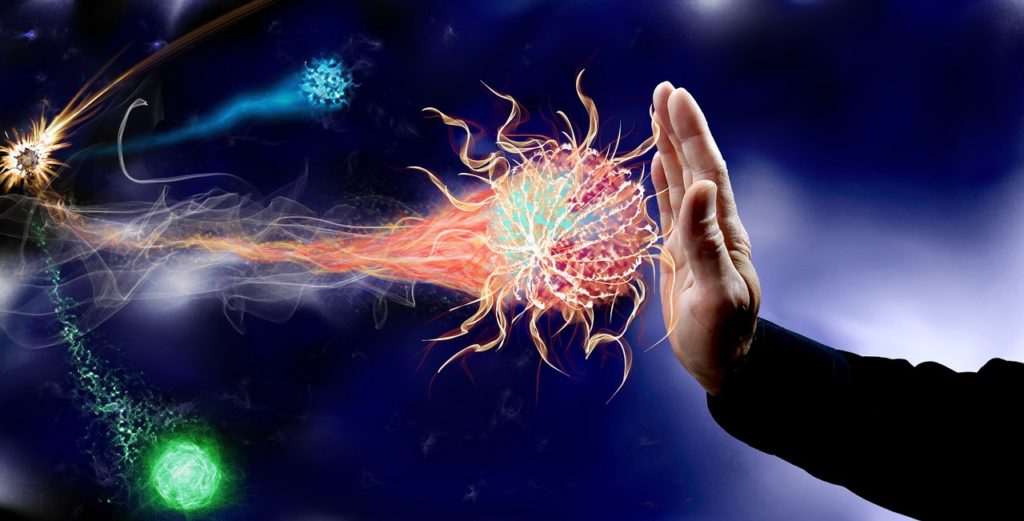
Crying is seen as a negative emotion. Well, it is true to an extent since people cry when they are not happy with something in life.
But, not many people know that there are positive aspects to crying. Research has shown that crying can give you health benefits.
Let us look at nine health benefits of crying:
1. DETOXIFIES YOUR BODY

Crying relieves your body of a stress hormone called cortisol.
Though cortisol has some benefits, people who are prone to stress have higher levels which is quite dangerous to their mind and body.
Crying can reduce the cortisol levels in the body which in turn can lower your stress.
So, the next time you find yourself stressed due to your job or your personal issues, find a private space where you can have a cry!
2. RELIEVES EMOTIONAL PAIN

Emotional pain is sometimes tougher to handle than physical pain. You can use painkillers to quickly relieve yourself of pain, but the same trick won’t be useful with emotional pain.
People often see emotional pain as a sign of depression. Psychiatrists prescribe medications which can do more harm than good.
Those medications may provide some temporary relief, but they can give you harmful side effects too.
One of the natural ways to relieve emotional pain is crying. Scientists have done studies on crying which showed that crying can release neurotransmitters in the brain which can alleviate emotional pain
3. HAS ANTI-BACTERIAL EFFECTS

This should be one of the most surprising health benefits of crying. Scientists say that crying is effective in killing harmful bacteria in the body.
They attribute this anti-bacterial property to a particular enzyme called lysozyme. This enzyme is present in tears that come down from your eyes while crying.
It is said that lysozyme can kill bacteria within 15 minutes. There have been experiments which have shown that tears can even fight bacteria which cause anthrax.
Lysozyme can destroy the cell walls of bacteria which would eventually result in the destruction of the bacteria.
So, next time when you cry, make sure you get tears and also try to swallow some of the tears instead of wiping it off.
4. IMPROVES EYESIGHT

Crying can improve your vision. Again, tears coming out while crying is responsible for this.
Tears have the ability to lubricate your eyelids and eyeballs. They actually end up hydrating your eyes.
Dehydration is one of the common causes of deteriorating eyesight. But, tears can naturally offset this problem. It is common knowledge that dust particles can cause eye problems.
But, tears have the ability to take away the dust particles in your eye. Tears can also hydrate mucous membranes present near the eyes.
So, the next time you feel itchy in your eyes or your vision seems blurry, try crying with tears.
MORE:
5. CRYING FACILITATES BREATHING IN BABIES

Newborn babies cry a lot. The crying sound can sometimes be deafening and you may think that something is wrong with the baby.
But, crying is actually good for babies. As a matter of fact, it is not a good sign if a newborn baby isn’t crying as it may be a sign that the baby is facing breathing difficulties.
Most newborn babies cry naturally. But, if a baby is not crying, then doctors try different things such as holding the baby upside down or dipping the baby in cold water just to make the baby cry.
This is actually known as a baby’s first cry and is extremely vital for the baby’s breathing once the umbilical cord is cut.
6. INDUCES SLEEP IN BABIES

Making babies sleep is a common challenge that parents face. When a baby cries, its parents try hard to stop it from crying.
But, letting him or her cry can help the baby sleep. Parents should learn a technique called ‘controlled crying’ which is effective in inducing sleep in an infant.
It is said that a baby sleeps longer after crying and the chances of the baby waking up in between sleep is also reduced as the baby tends to go into a state of deep sleep after controlled crying.
7. MOOD ELEVATION

People often try different things to elevate their mood.
But, nature has given us a simple tool called crying which can elevate our mood without the help of any external elements.
Tears are known to be natural anti-depressants. Some studies have also been conducted in this regard which showed that tears can improve a person’s mood and make one feel positive.
Crying is actually considered to be a self-soothing technique. People with mood-related disorders or anxiety issues can definitely give crying a try.
Crying can make you inhale cool air which is useful in lifting your spirits up. Inhalation of cooler air can also regulate your brain’s temperature.
8. IMPROVES IMMUNE SYSTEM

Scientists have conducted experiments which revealed that crying has a positive impact on our immune system.
It is said that crying is particularly effective against skin allergies since it regulates the secretion of immunoglobulins. People prone to allergic reactions can have an abnormal secretion of immunoglobulins.
People with eczema and other skin-related disorders can use crying as a natural way to prevent allergic reactions.
People suffering from rheumatoid arthritis, an autoimmune disease, noticed a reduction in pain and other symptoms after crying.
Crying can control the secretion of all kinds of immune chemicals which are known to aggravate allergic symptoms.
9. TEARS ARE RICH IN ELECTROLYTES
Tears get secreted when you cry. They originate from a gland called the lacrimal gland in the eye.
Not many people know that tears resulting from crying have electrolytes and proteins that are useful for our body.
Some of the electrolytes present in human tears include potassium, sodium, magnesium, zinc and , calcium. Tears also contain useful proteins such as Lacritin, Lactoferrin, Lysozyme and Lipocalin.
We know that lysozyme has antibacterial properties.
So, next time when you cry, try to sip your tears as the electrolytes and amino acids present in the tears are good for your body. Sipping on your tears is the most natural way of taking in electrolytes.






